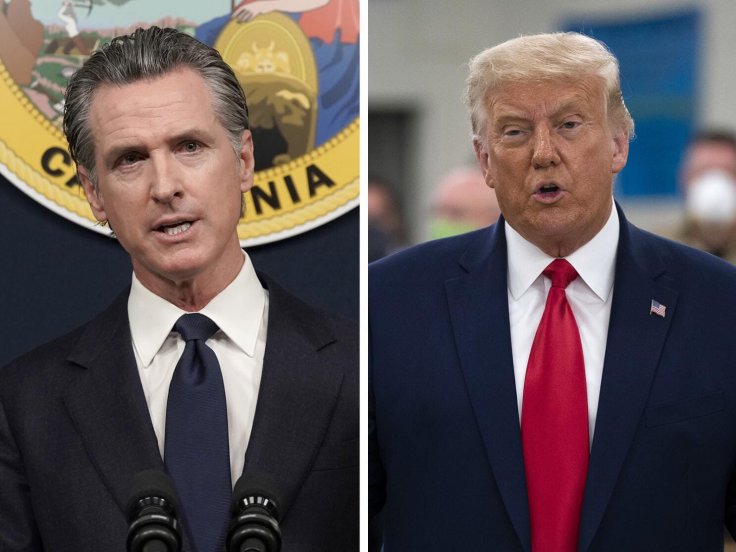California Governor Gavin Newsom is pushing back against Washington's trade policy, setting his state apart from President Donald Trump's new tariff plans. In a recent video posted on social media, Newsom declared, "California is not Washington, D.C." This bold message has ignited national debate, especially as global markets struggle under the weight of new U.S. tariffs.
The governor's statement comes at a tense time. President Trump's sweeping new tariffs include a 54% tax on Chinese goods and 20% on imports from the European Union. These measures have sent shockwaves through the economy. In response, China announced a 34% surcharge on American products, effective April 10. The escalating trade war has many state leaders, including Newsom, looking for alternative paths.

On Friday, Newsom revealed that California is exploring informal trade partnerships with major global economies like China, Canada, and Mexico. These countries represent around 40% of California's import and export business. The ports of Los Angeles and Long Beach are key gateways for Chinese goods into the U.S., making California a central player in international trade.
"We will not stand idly by during Trump's tariff war," Newsom posted on X, formerly known as Twitter. He emphasized the urgent need to protect California's economy, particularly in areas like Los Angeles, where reconstruction after recent wildfires depends heavily on imported materials such as steel, wood, and aluminum.
While states cannot legally sign international treaties, California has a track record of acting independently. From leading climate agreements to setting its own emission standards, the state often carves its own path. Newsom is now using that same strategy in trade, seeking informal agreements that stay within legal limits but still have global impact.
California's economic power gives it a strong foundation. With a population nearing 40 million and a $3.9 trillion economy, the state would rank as the world's fifth-largest economy if it were a separate country. Home to Silicon Valley, Hollywood, and vast agricultural exports, California has significant influence on the world stage.
Newsom made his intentions clear: "The Golden State will remain a steady, reliable partner for generations to come, no matter the turbulence coming out of Washington." His confidence suggests that California won't simply follow federal policies that harm its interests.
This bold move has also sparked speculation about Newsom's political future. With term limits preventing him from running for governor again in 2026, many believe he's positioning himself for a national role. Some political analysts suggest this could be an early step toward a 2028 presidential campaign.
Newsom's actions go beyond opposition to Trump. They signal a larger shift in how some states may see their roles in the global economy. As California forges ahead with its own trade discussions, it raises questions about state autonomy and the limits of federal control.
For now, California is sending a clear message: it will lead on its own terms. Whether this becomes a new model for other states or remains a unique example of California exceptionalism remains to be seen. But one thing is certain — the state isn't waiting for Washington to set the pace.









